I’m going to the JISC Information Programme Meeting on Thursday and have been asked to join a panel where I’ll talk about our work at Lincoln under the heading ‘from unprojects to services’. Here are my notes.
Over the last couple of years, staff in CERD, The Library and ICT have worked closely together on a number of ‘rapid innovation’ projects, which have sometimes later attracted JISC funding. Much of our work has been undertaken at the initiative of individual staff, who have benefited from a supportive ICT environment that allows us the freedom to develop and test our ideas without running into bureaucratic walls. ICT – in particular the head of the department, Mike Day, and head of the Online Services Team, Tim Simmonds – recognised the benefits of employing undergraduate students and recent graduates, and established a post which Nick Jackson and Alex Bilbie share. Alongside this, I have been applying for JISC funding and successful bids have allowed us to employ Nick and Alex full-time rather than part-time. In recent months, this has worked very well and currently much of their time is spent working on JISC-funded projects which bring value to the University. Below, are a list of the services that this culture of innovation has allowed us to work on over the last year or so. Click on the links to go to the services.
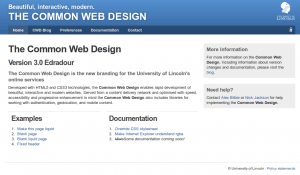
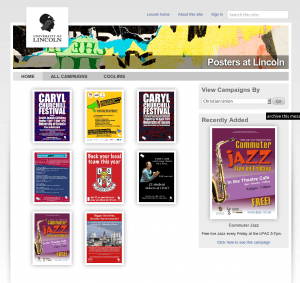
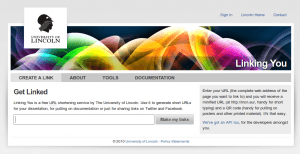
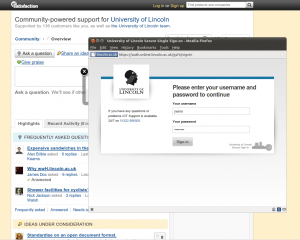
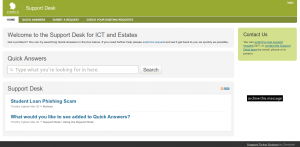
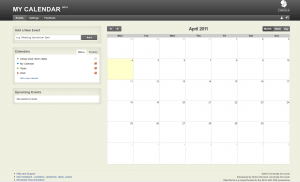

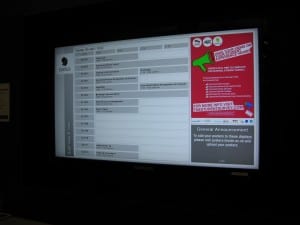
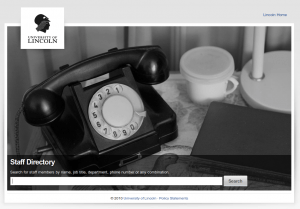
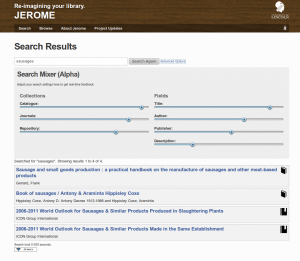
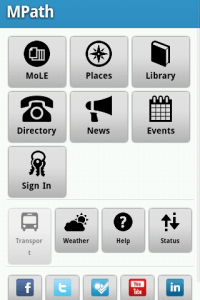
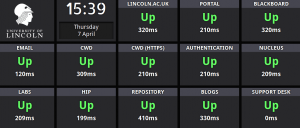

- Most of these services push and pull data to Nucleus, the central, open datastore built on MongoDB. e.g. Zen Desk=People + Locations, My Calendar=Events, Jerome=Bibliographic
- We’re currently looking at how Nucleus can also be a source for Linked Data. It has open(ish) APIs.
- CWD sites transparently sign the person in to the site, if they are signed in elsewhere.
- We like Open Source. SSO is mostly open source software. Alex has released his OAuth 2.0 code. CWD likely to be open source; MongoDB, bits and pieces from Jerome and My Calendar.
- As we build these services, they are being integrated, too. e.g. lncn.eu will be a URL resolver for Jerome offering realtime monitoring; posters will show up in My Calendar events; CWD is the design framework for My Calendar.
- Most of these services are for official launch in September. They will be included in the new ICT Handbook, included in brochures and other announcements.
- We’re working with the Student Union to develop the use of FourSquare around the university.
- Now that we know we can develop this way and that it works and we enjoy it, we’re hoping to expand from two to four student/graduate developers and have our own budget for hardware/software/conferences and to give to staff and students that want to join us.
- Our approach links into the University’s Teaching and Learning Strategy: Student as Producer. We want to work with students and staff across disciplines to create useful, innovative and enjoyable online services that make the University of Lincoln a great place to work and study at. It’s not about a team that works on ‘educational technology’, but rather a network of people who develop and support technologies that make Lincoln a productive environment for research, teaching and learning. It’s inclusive, with students (and therefore learning) at its core.
The concept and appliation of the QR codes is mind boggling yet it reminds me of the humble bar code – used everywhere today.
Looking at the different services it seems Lincoln is the cool place to be 🙂